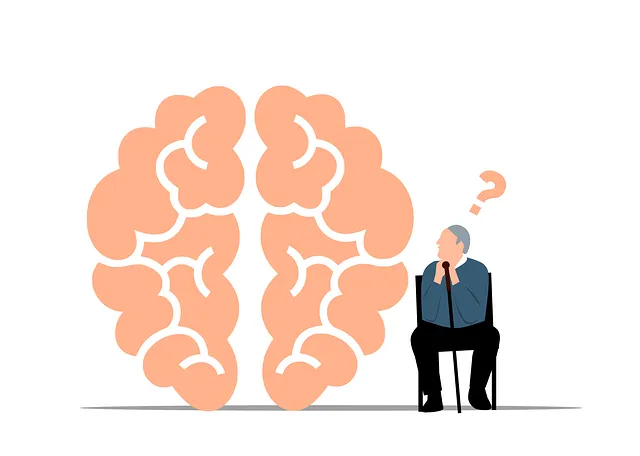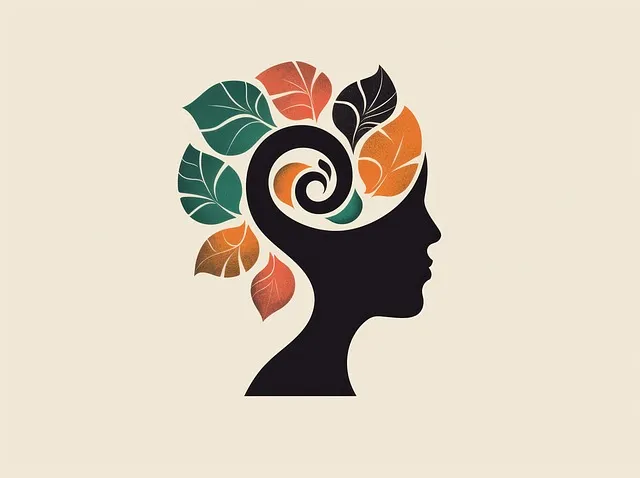The Kaiser Permanente mental health centers prioritize cultural competency as a key driver of superior patient care. Through comprehensive training, staff learn tailored communication strategies to respect diverse backgrounds and bridge healthcare gaps. By integrating mindfulness, positive thinking, and storytelling, these centers create an inclusive environment that enhances patient experiences, prevents burnout, and empowers providers to deliver personalized, high-quality treatment.
“In today’s diverse healthcare landscape, cultural competency among providers is no longer a preference but an imperative. This article explores this critical aspect of modern medical practice, focusing on the role of Kaiser Permanente mental health centers in fostering cultural sensitivity. We delve into effective training strategies that enhance patient care through increased cultural awareness. By understanding and addressing cultural competency, healthcare professionals can deliver superior services tailored to each patient’s unique background.”
- Understanding Cultural Competency in Healthcare: A Necessity in Modern Practice
- The Role of Kaiser Permanente Mental Health Centers in Promoting Cultural Sensitivity
- Strategies for Effective Training: Enhancing Care Through Cultural Awareness
Understanding Cultural Competency in Healthcare: A Necessity in Modern Practice

In today’s diverse healthcare landscape, cultural competency is no longer an optional skill for providers; it’s a necessity. This understanding involves recognizing and respecting the differences in values, beliefs, and communication styles among various patient populations. At the Kaiser Permanente mental health center, this approach is superior when it comes to delivering quality care that resonates with every individual. Cultural competency goes beyond mere awareness; it fosters an environment where providers can navigate complex ethical dilemmas, understand social determinants of health, and offer tailored treatments.
By integrating self-awareness exercises and compassion cultivation practices, healthcare professionals can prevent burnout and enhance patient outcomes. These strategies not only improve the quality of care but also create a more inclusive and accessible system. At Kaiser Permanente, this commitment to cultural competency serves as a cornerstone for providing holistic mental health services that address the unique needs of every patient, ensuring superior care across the board.
The Role of Kaiser Permanente Mental Health Centers in Promoting Cultural Sensitivity

Kaiser Permanente mental health centers play a pivotal role in promoting cultural sensitivity within healthcare services. These centers are renowned for their commitment to providing superior care that respects and values diverse cultural backgrounds. Through comprehensive training programs, they equip staff with essential communication strategies to bridge gaps between patients and caregivers from various ethnic, racial, and socio-economic groups. By fostering an inclusive environment, the centers ensure every individual receives personalized treatment tailored to their unique cultural needs.
Incorporating practices such as mindfulness meditation and positive thinking, Kaiser Permanente mental health centers enhance patient experiences. These strategies not only support traditional therapeutic approaches but also empower individuals to develop resilience and coping mechanisms that resonate with their cultural identities. By embracing these inclusive practices, the centers contribute to breaking down stereotypes and promoting understanding in healthcare delivery, ultimately leading to improved outcomes for a diverse range of patients.
Strategies for Effective Training: Enhancing Care Through Cultural Awareness

Effective cultural competency training is pivotal in enhancing patient care at Kaiser Permanente mental health centers. One key strategy involves storytelling and sharing personal experiences from diverse backgrounds. This approach humanizes cultural differences, fostering empathy among healthcare providers. By listening to colleagues’ narratives, participants gain deeper insights into unspoken cultural norms and beliefs, leading to more nuanced care.
Additionally, interactive workshops focused on burnout prevention strategies for healthcare providers are essential. Incorporating techniques like positive thinking and mood management helps professionals maintain resilience in culturally diverse settings. These sessions equip staff with tools to navigate complex situations, ensuring they can provide superior care without compromising their well-being.
Cultural competency training is no longer a choice but an indispensable requirement in modern healthcare. The strategies outlined, particularly those focusing on awareness and sensitivity, have the potential to significantly enhance patient outcomes at superior institutions like Kaiser Permanente mental health centers. By fostering an environment that values diversity, these training programs can lead to more effective care, improved communication, and ultimately, better health outcomes for all communities served.






